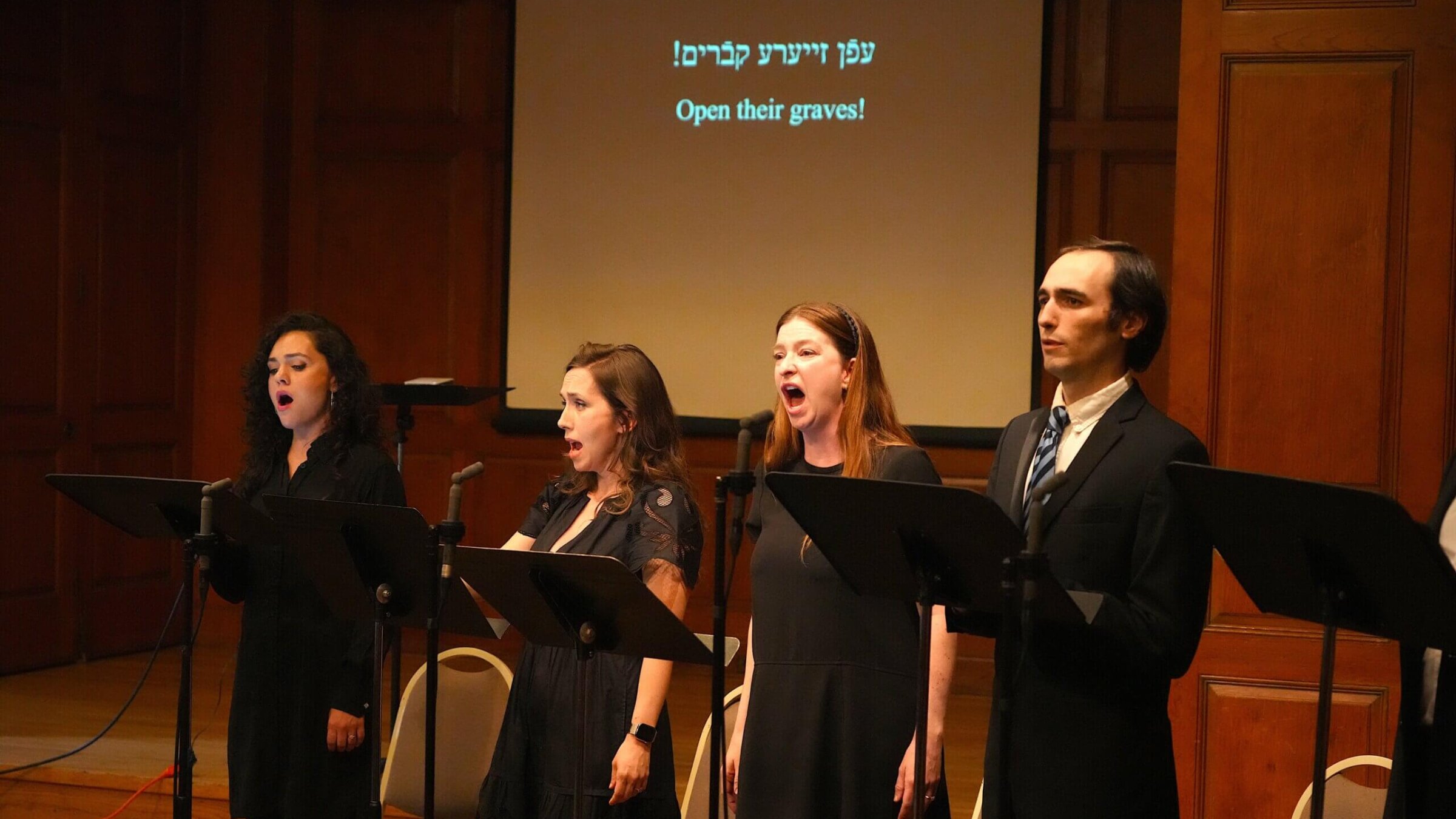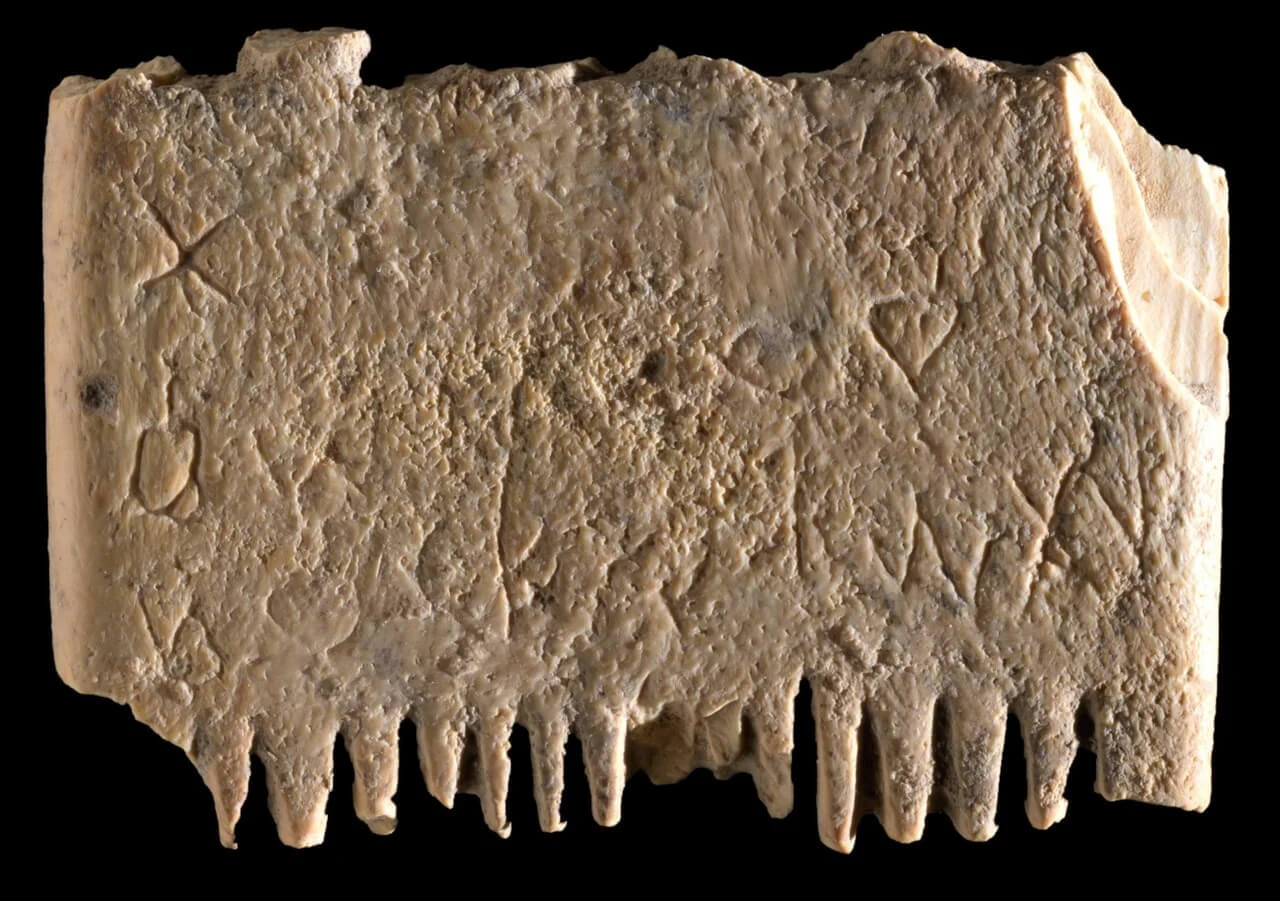A grant to study Hebrew is ‘woke DEI,’ Ted Cruz says
The senator’s attack on the National Science Foundation included seven grants intended to boost US-Israeli research partnerships

The senator’s attack on the National Science Foundation included seven grants intended to boost US-Israeli research partnerships

Linguist Yudel Mark aimed to include every single word of the Yiddish language

In addition to her books on renowned women poets, she wrote linguistic papers on contemporary Hasidic Yiddish

The Jewish Language Project is racing the clock to preserve a rapidly disappearing heritage

Bintel says: What some see as interrupting, others call being Jewish

The earliest sentence found in Israel petitions the gods, but not to rain down good fortune or extirpate the foe

A version of this piece appeared in Yiddish here. Sociolinguist, Yiddish scholar and advocate for endangered languages Joshua (Shikl) Fishman died March 1 in New York. He leaves behind his wife of more than 60 years Gella Schweid-Fishman, three sons, nine grandchildren and two great-grandchildren. He is predeceased by his sister, the Yiddish poet Rukhl…

Forward reader David Wexler calls my attention to an article in the October 10 issue of this newspaper about Greg Wall, a saxophone-playing, shofar-blowing, Talmud-teaching rabbi from Norfolk, Connecticut. “In addition to being a Talmud khokhem, or smart man,” the article’s author, Jon Kalish, wrote, “Wall… knows a mainsail from a jib, having taught at…








100% of profits support our journalism